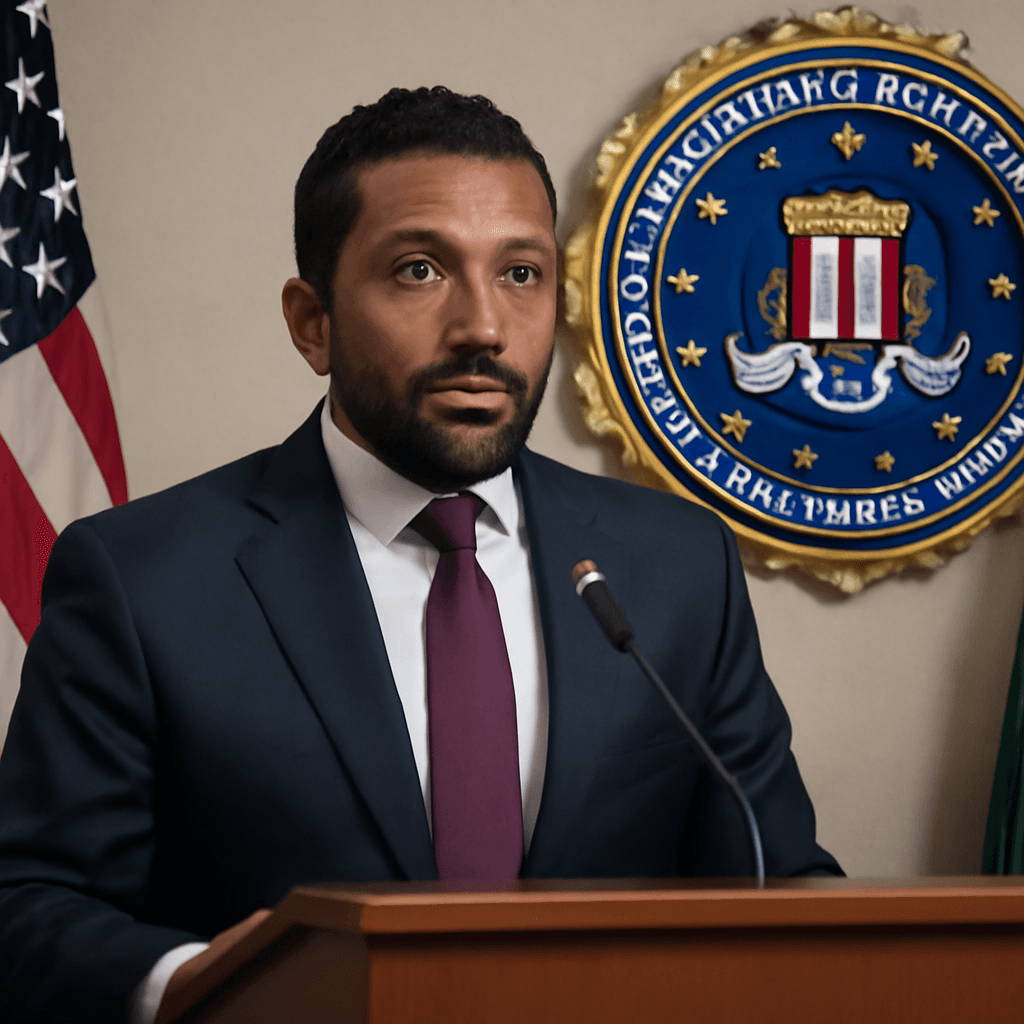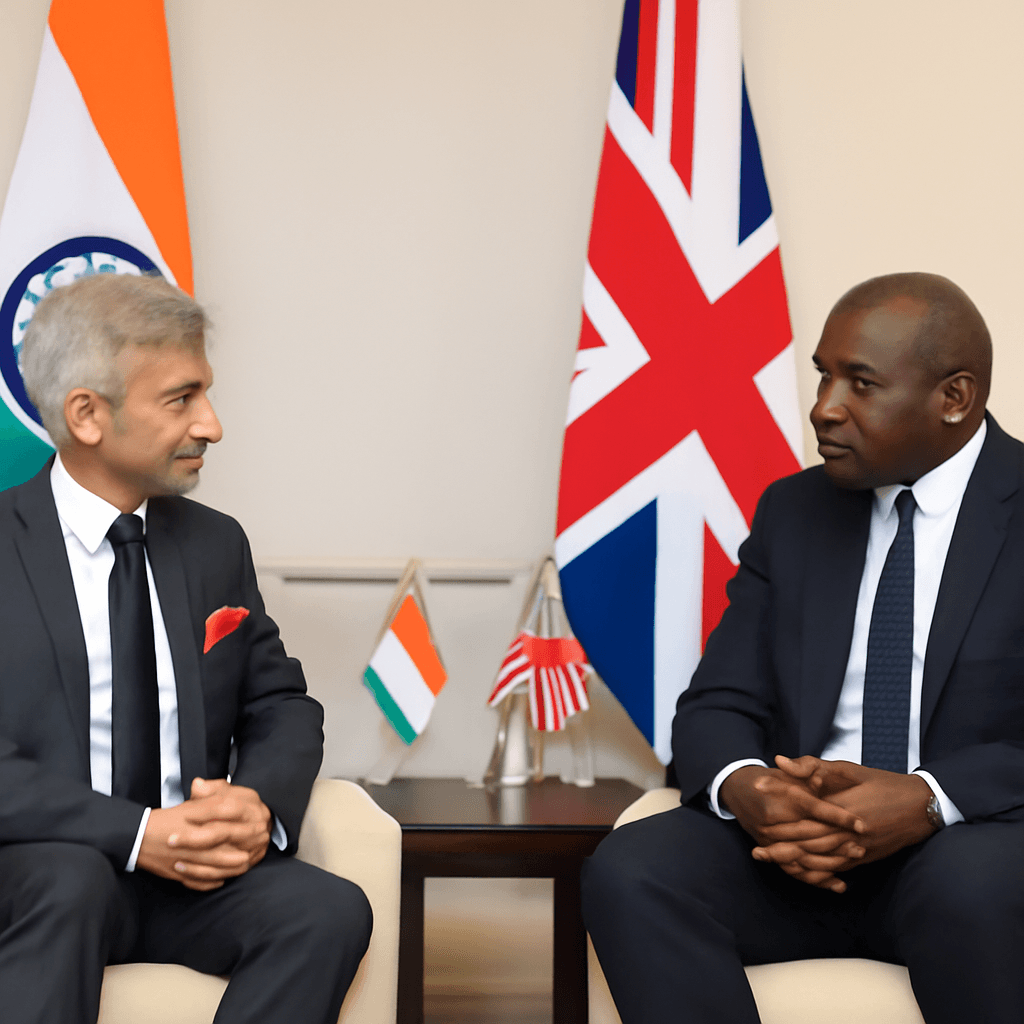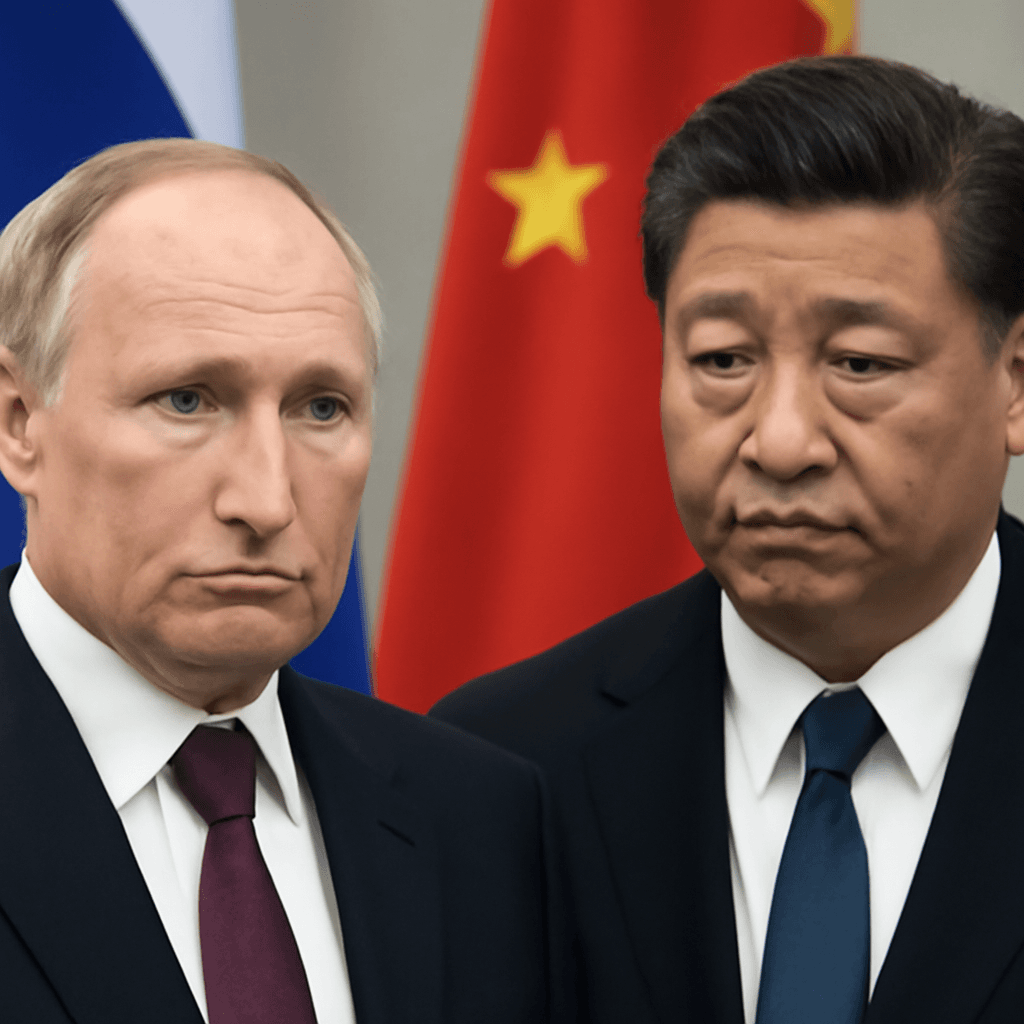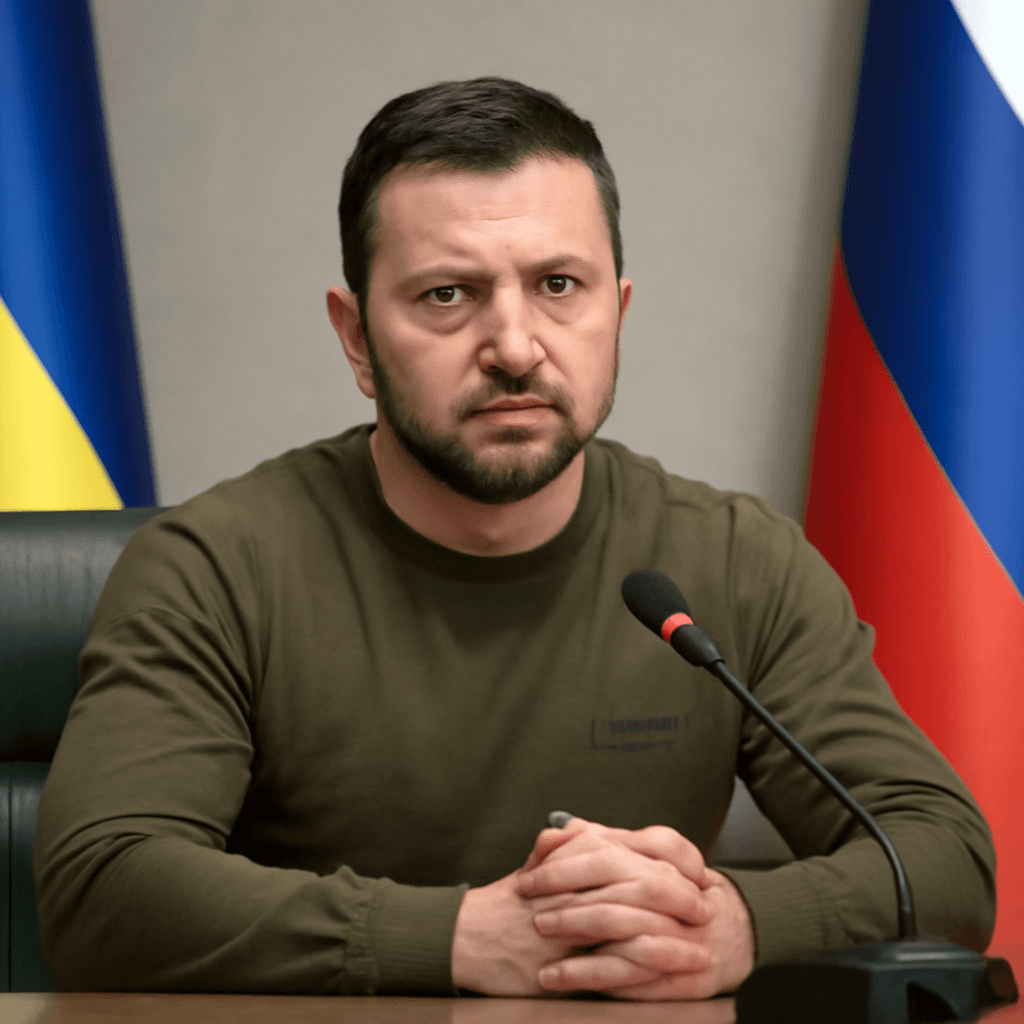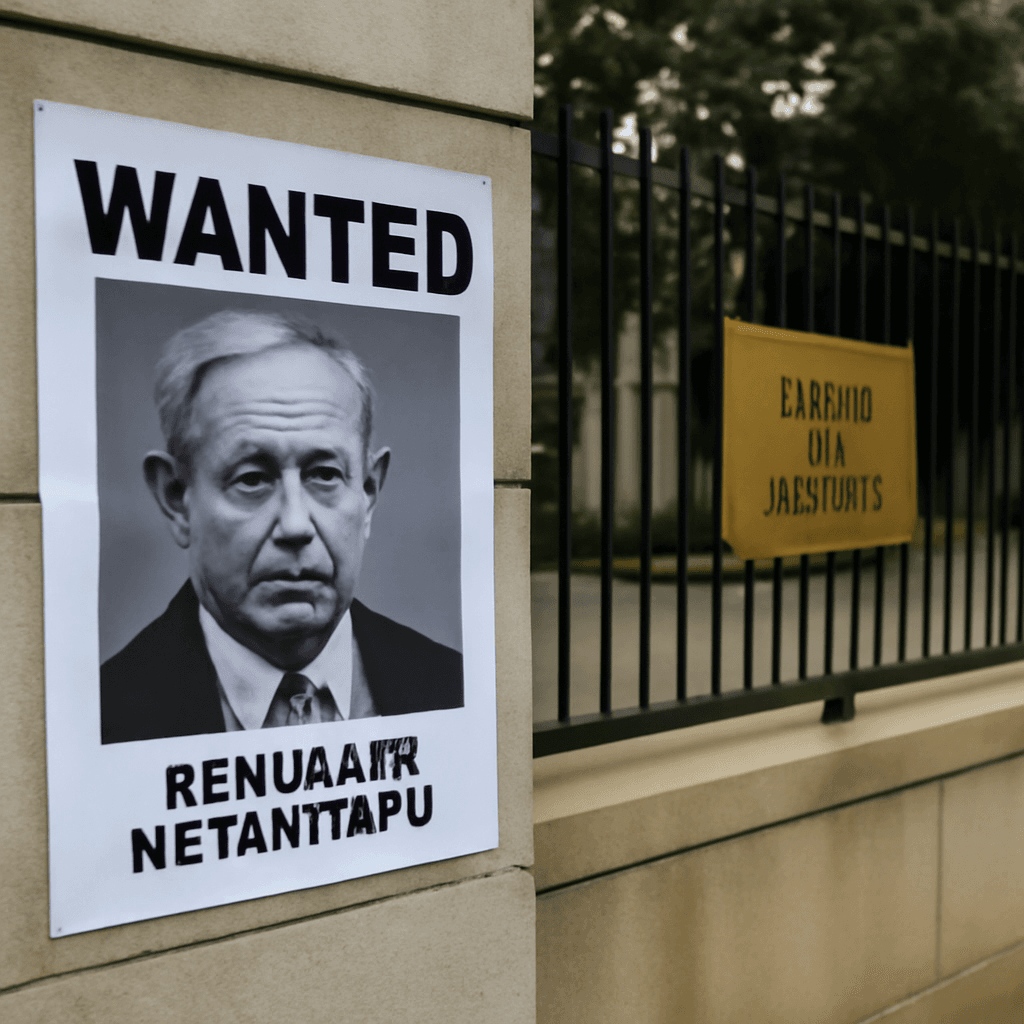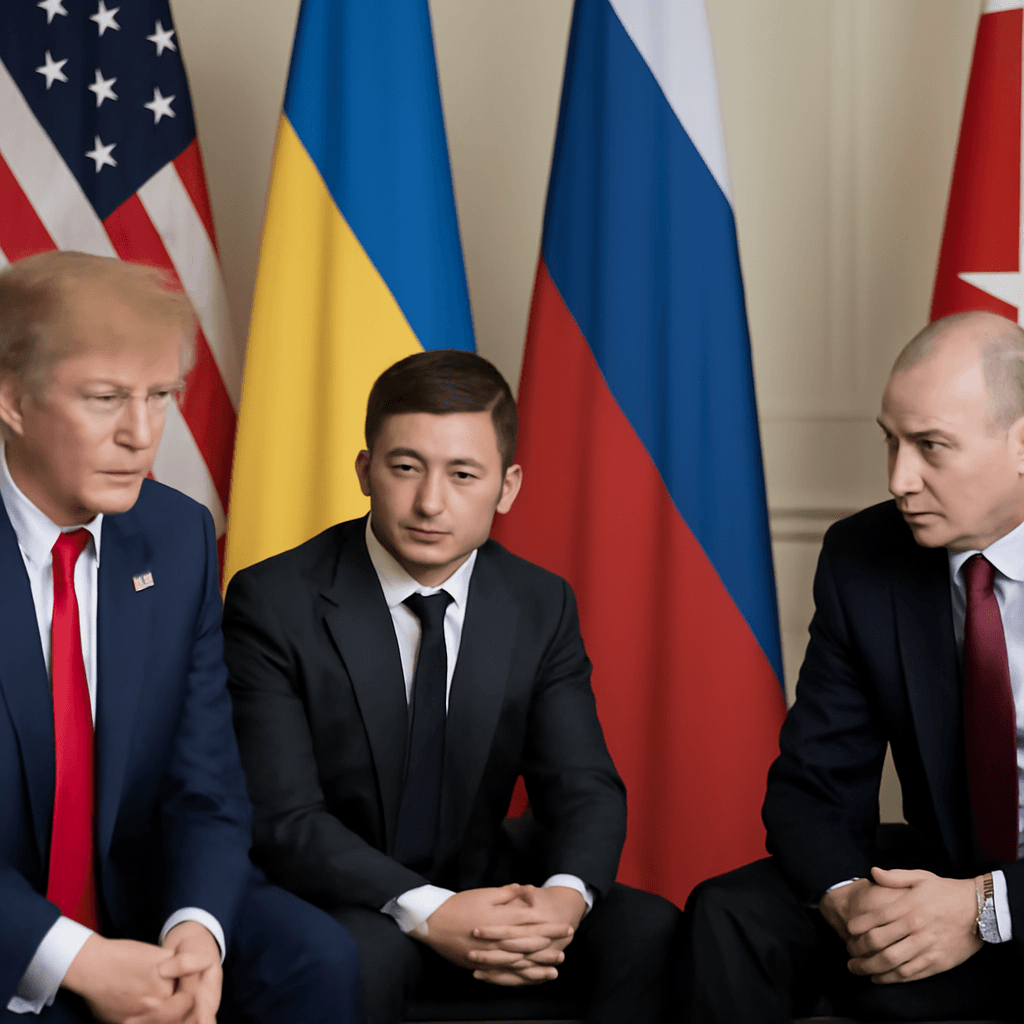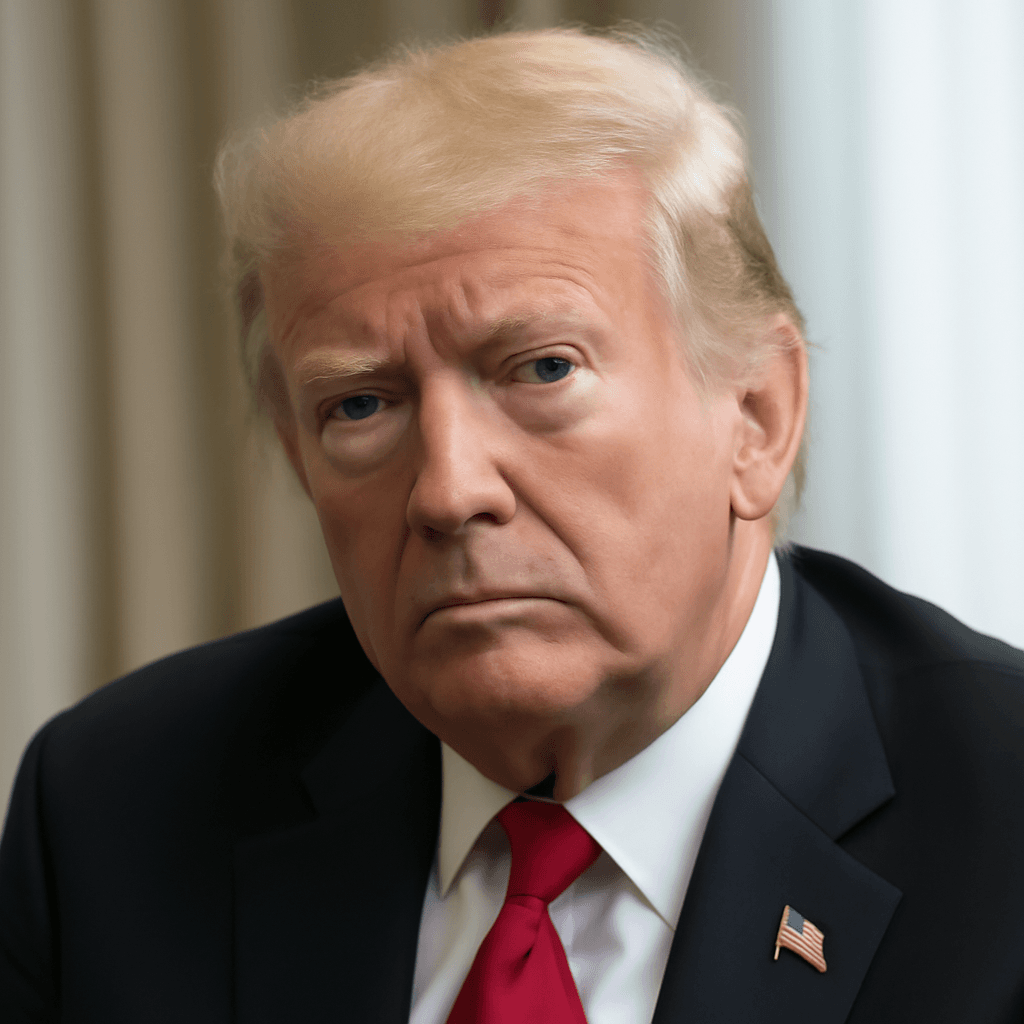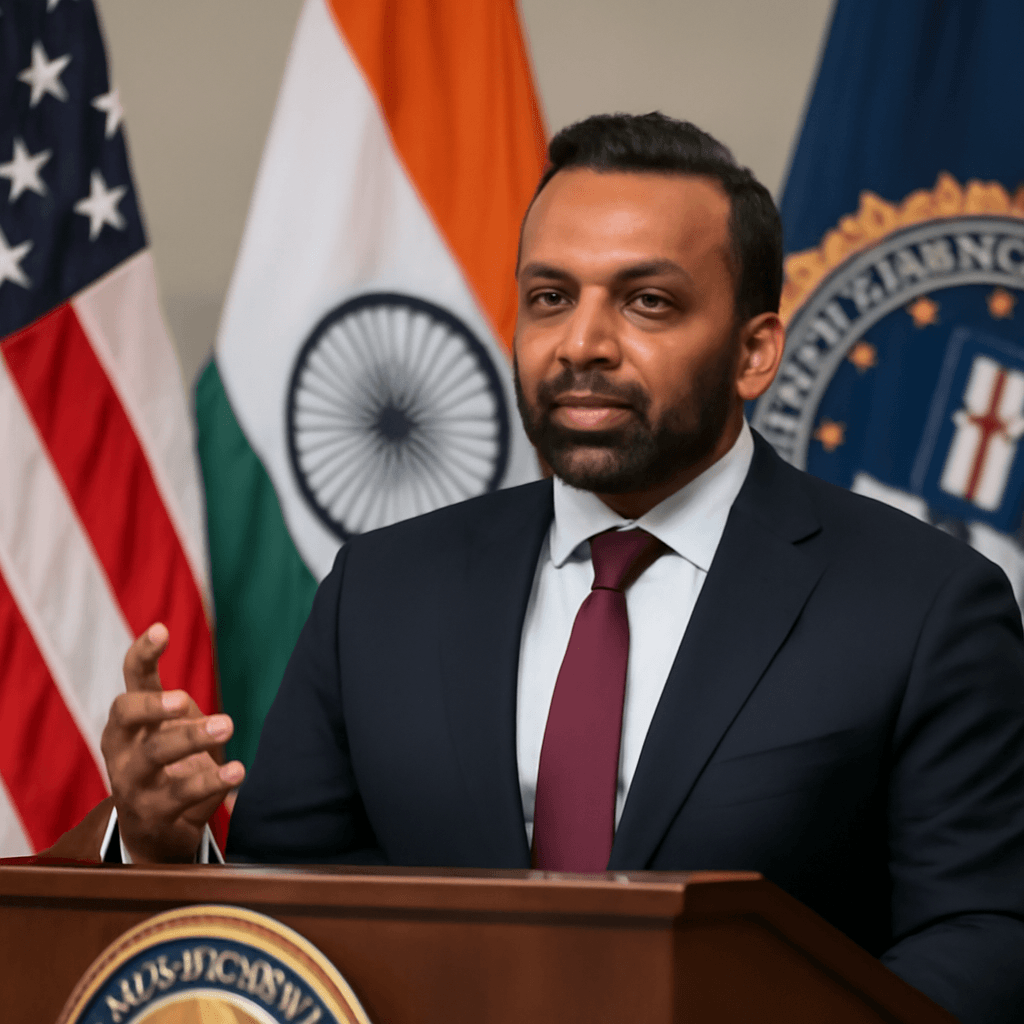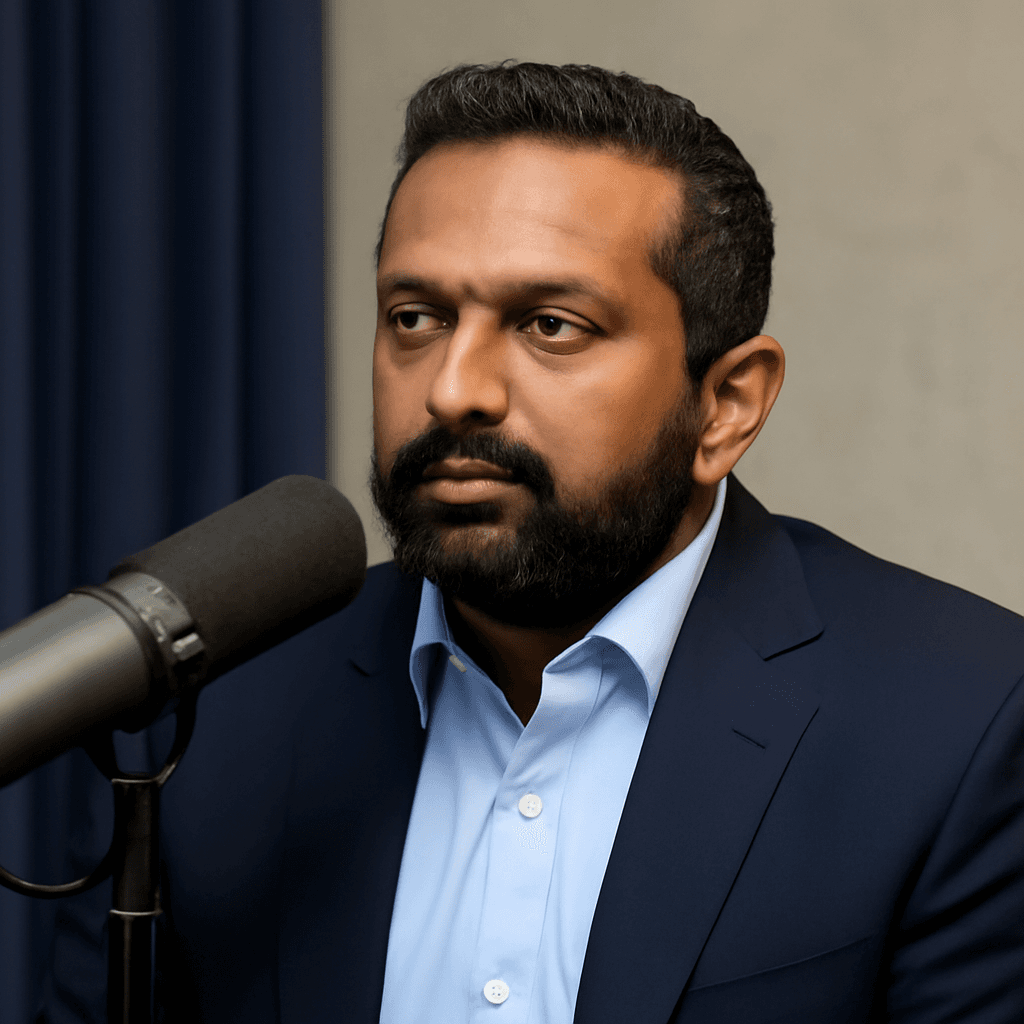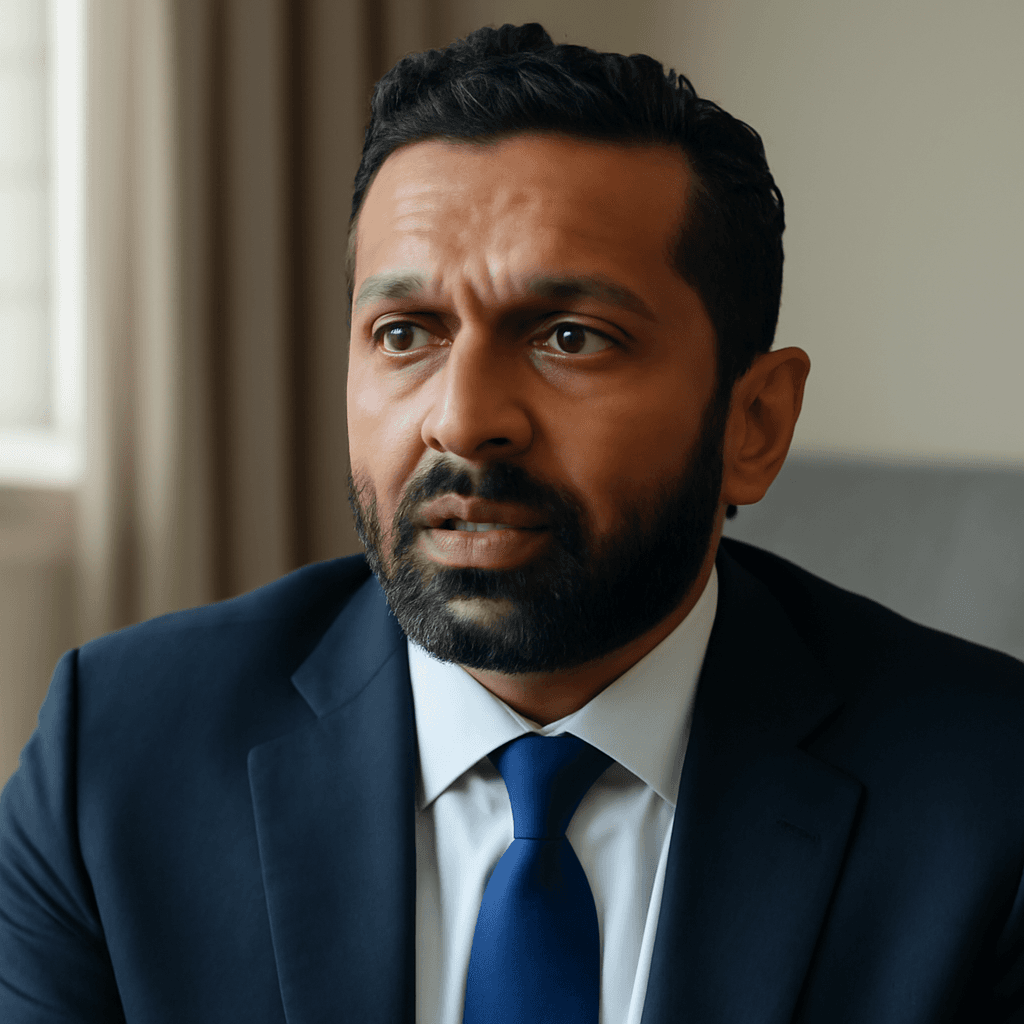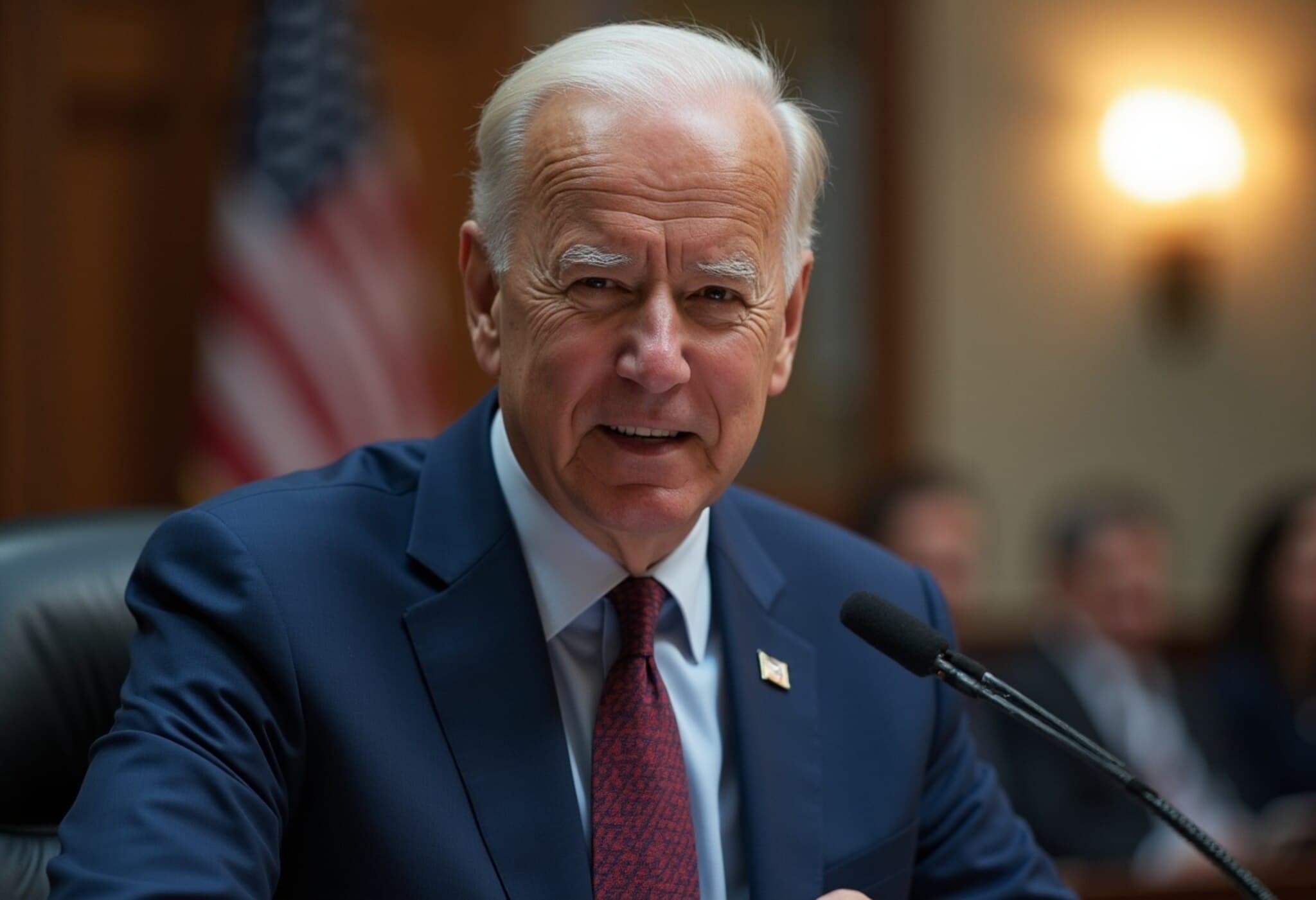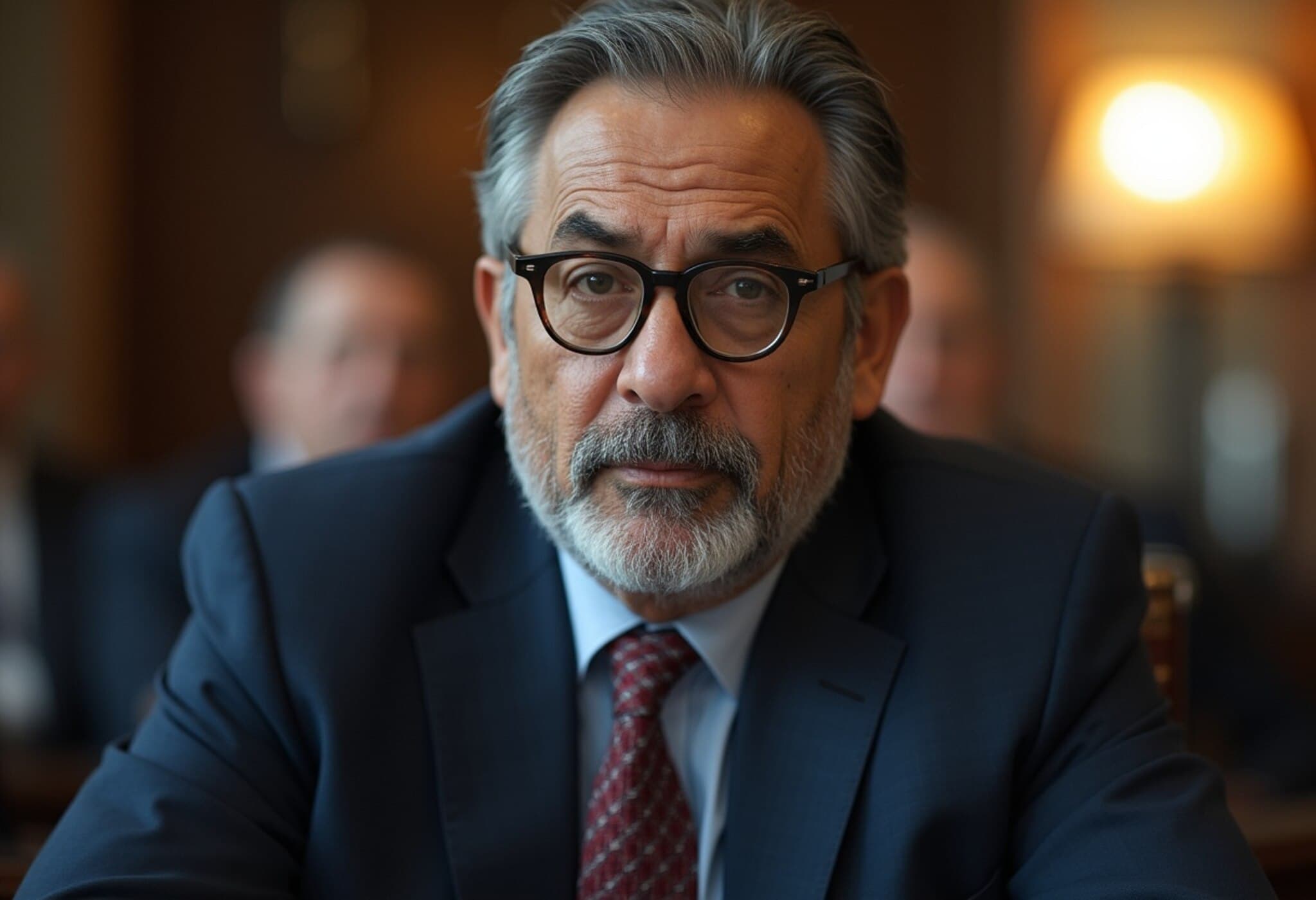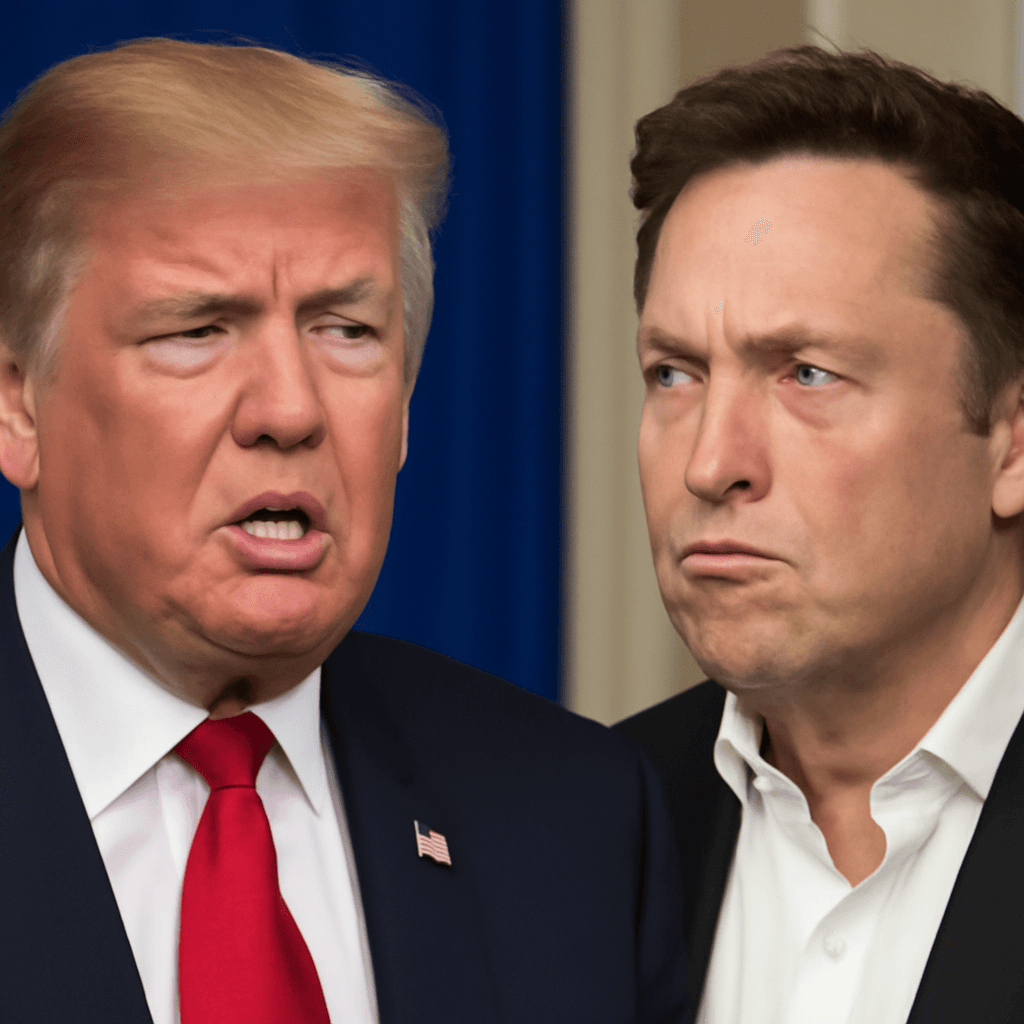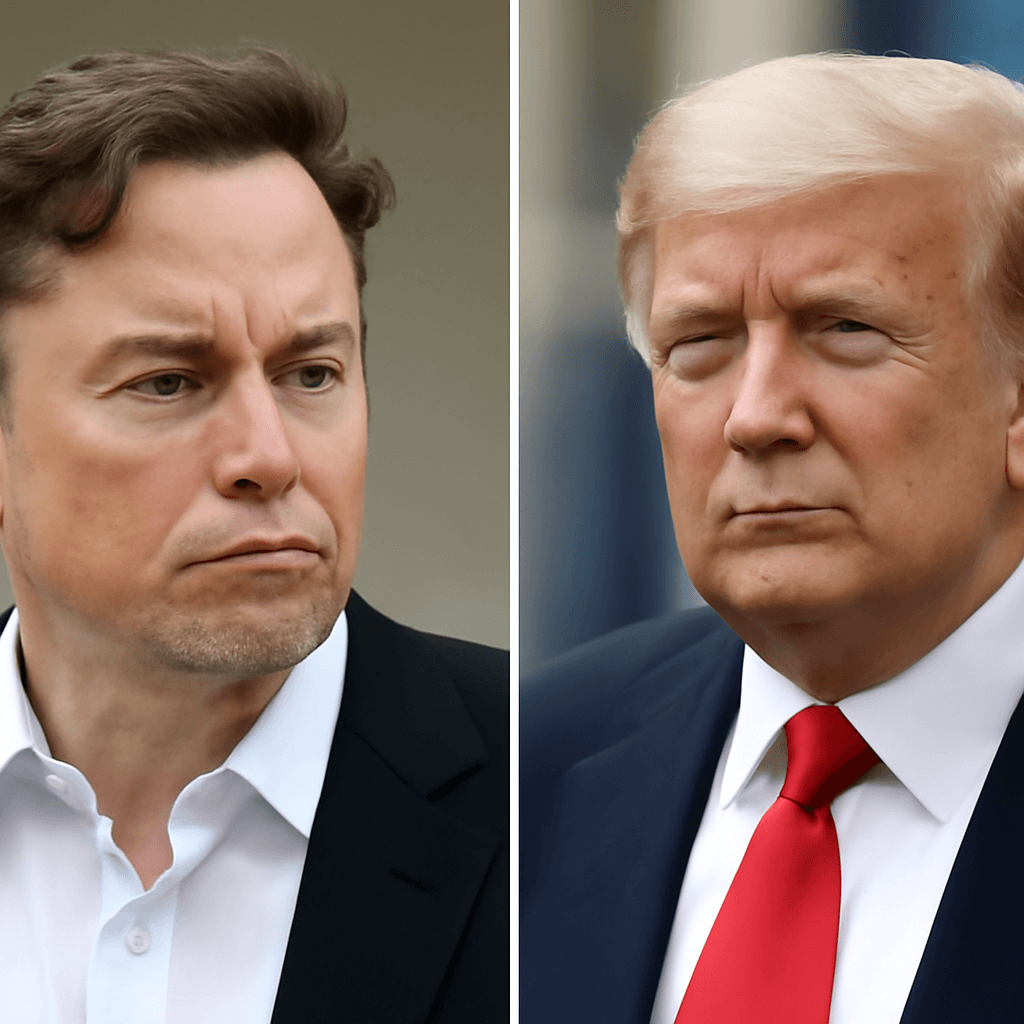FBI Director Highlights India’s Collaboration in Tackling Fentanyl Crisis
FBI Director Kash Patel revealed critical developments in the United States’ efforts to address the fentanyl epidemic during an in-depth interview. He emphasized close cooperation with Indian law enforcement to disrupt a China-backed fentanyl trafficking network operating globally. Patel underscored India’s significance not as a fentanyl consumer but as a pivotal transit hub for chemical precursors used in fentanyl production.
India’s Strategic Position in Fentanyl Trafficking
Patel explained that fentanyl precursors manufactured in China are increasingly routed through countries like India before reaching Mexican drug cartels, who then manufacture the illegal substance. Highlighting India’s role, Patel stated, “I literally just got off the phone with the Indian government. I said, I need your help. This stuff’s coming into your country and then they’re moving it from your country because India is not consuming fentanyl.”
Absence of Fentanyl Deaths in India and Allied Nations
One of the key arguments Patel presented was the disproportionately high rate of fentanyl-related deaths in the United States compared to countries like India, Australia, Canada, and the United Kingdom. According to Patel, the lack of such crises in these nations indicates a deliberate geographic targeting of fentanyl supply chains.
- No significant fentanyl overdose deaths reported in India or several Five Eyes nations.
- Alleged strategic deployment aimed specifically at undermining U.S. societal fabric.
Patel suggested that this pattern reflects a calculated move by the Chinese Communist Party (CCP) to inflict harm selectively, stating, “Why don’t we go and take out generations of young men and women who might grow up to serve in the United States military, or become a cop, or become a teacher?”
Joint Operations and Legal Strategies with Indian Authorities
Patel disclosed ongoing joint operations involving FBI agents and Indian law enforcement officials designed to identify and dismantle Indian companies involved in importing or redistributing fentanyl precursors from China. The FBI's strategy extends beyond enforcement to include legal sanctions and indictments in both countries.
- Collaboration with heads of Indian law enforcement.
- Plans to sanction, arrest, and indict individuals and entities facilitating the trafficking.
Patel emphasized the importance of international cooperation to address this multifaceted challenge effectively.
Shifting Trafficking Routes and Geopolitical Implications
According to Patel, stricter enforcement on the U.S.-Mexico border has led traffickers to adjust their routes, notably increasing fentanyl precursor manufacturing and distribution via Canada. He described this as part of an evolving modus operandi by drug cartels to adapt to enforcement pressure.
Moreover, Patel cast the fentanyl epidemic as not just a lucrative illicit trade but a tool of geopolitical sabotage, asserting that China’s economic gain from the trafficking is minimal compared to the strategic damage it inflicts.
Expanding Appeal to Global Partners
Patel appealed to allied governments within the Five Eyes intelligence alliance to proactively disrupt precursor manufacturing facilities before fentanyl distribution networks become operational in their territories. He pointed to detected presence of chemical precursors in these countries as a sign of emerging threats.
Fentanyl Crisis: A National Security Emergency
Highlighting the severity of the crisis, Patel shared that in 2023 alone, over 74,000 Americans died from synthetic opioid overdoses. He categorizes the epidemic as a tier one national security threat, underscoring the urgency of coordinated international action.
He also stressed that while India has not experienced fentanyl-related deaths on a large scale, its cooperation is imperative to prevent it from becoming a future problem.
Personal Connection and Broader Context
Patel’s personal background as the son of Gujarati immigrants and his professional trajectory bring a unique perspective to his role. His ties to India appear to influence his commitment to cultivating bilateral cooperation in counter-narcotics efforts, situating India at the center of an expanding geopolitical struggle against drug trafficking.
Conclusion
The remarks of FBI Director Kash Patel indicate a significant escalation in multilateral collaboration to target fentanyl trafficking networks. By positioning India as both a critical partner and a strategic transit point, these developments mark a potential turning point in the global fight against the opioid epidemic and its wider geopolitical implications.

